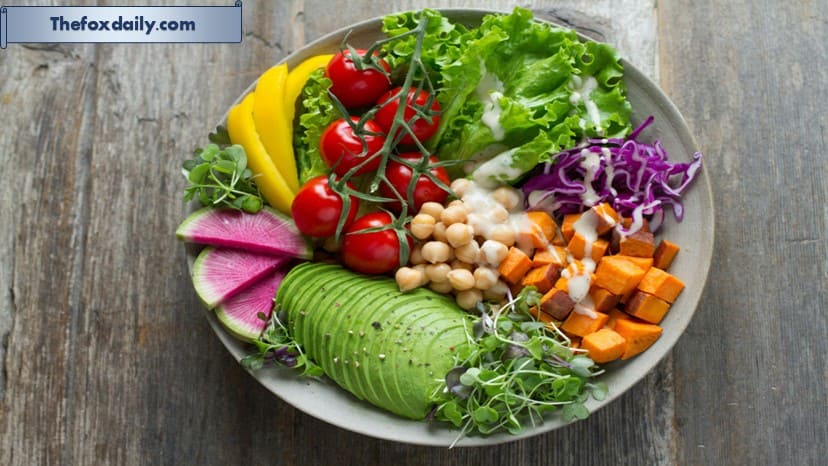
India offers a wide variety of breakfast alternatives, ranging from pancakes and muesli to idli and poha. Dr. Manjari Chandra, Senior Consultant, Nutritional Medicine at Everhope Oncology and Max Healthcare, disputes the long-held belief that breakfast is the most important meal of the day.
“Our bodies don’t really need breakfast. It is merely the impression we have created. “The reality is that the breakfast food marketing industries have really pushed this idea,” she tells IndiaToday.in.
Dr. Chandra suggests paying closer attention to the body’s hunger signals and concentrating on what is actually nourishing rather than mindlessly adhering to routines.
The dietitian ranks the healthfulness of some of the most well-known Indian breakfasts below:
IDLI, DOSA, and UPMA (6/10)
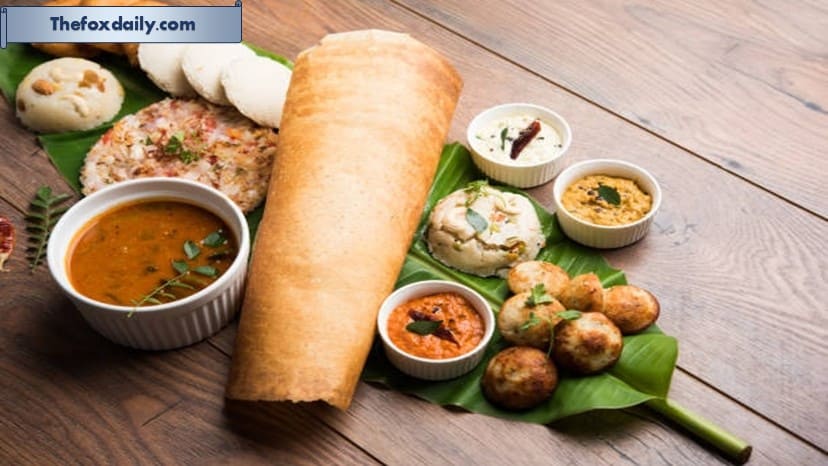
Due to their ease of preparation and digestion, South Indian breakfasts are traditionally favored by many. “Homemade food is lovely, but the problem is that it can be an excess of carbohydrates with rice and suji,” Dr. Chandra adds.
CORNFLAKES (-10/10)
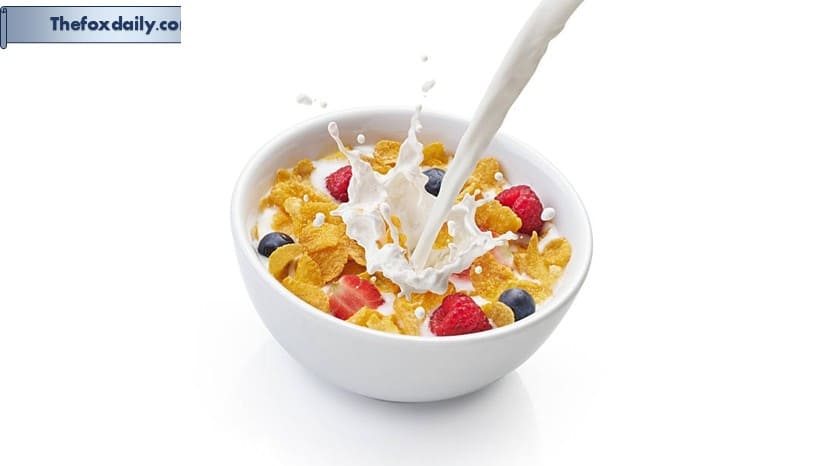
The infamous “quick go-to breakfast” is not at all healthful. Cornflakes are too processed and refined, and they include a lot of sugar, carbohydrates, and sodium. “The only reason they appear healthy is because those who create them want us to think so,” Dr. Chandra explains.
SABZI PARATHA (6/10)
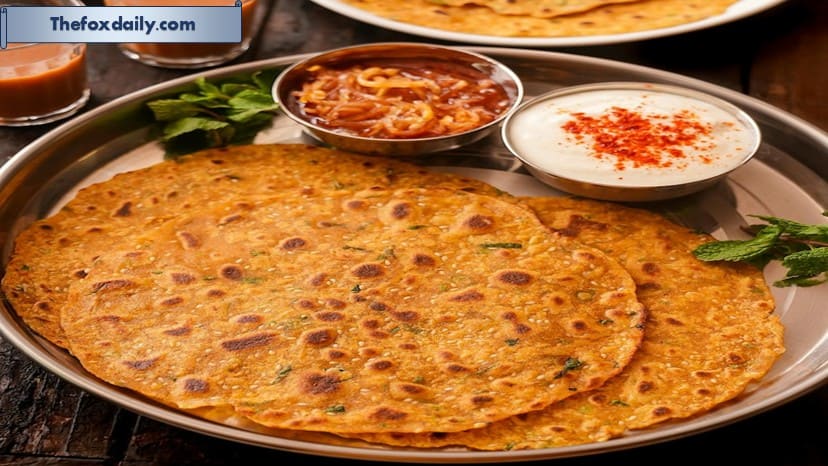
One of the most preferred Indian breakfasts, parantha sabzi can be healthy if made with whole wheat, along with fresh seasonal vegetables or paneer stuffing. As per Dr. Chandra, “They’re tasty, filling, and can keep you energised for hours, but the downside is that they’re still quite high in carbohydrates.”
MUESLI (0/10)
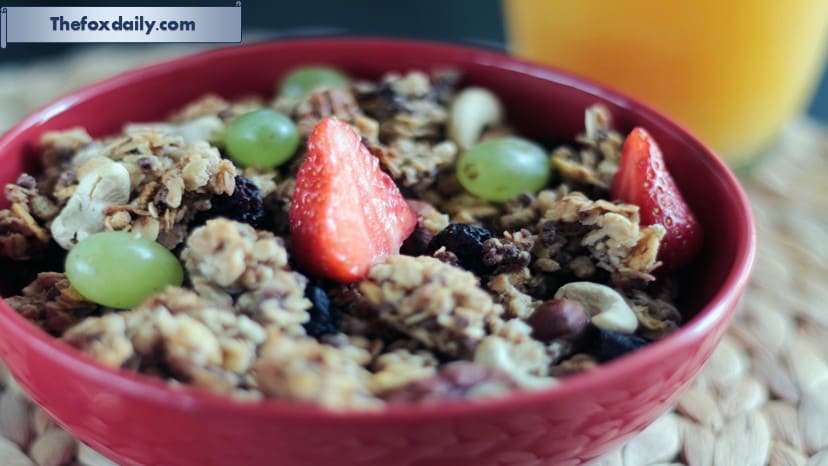
While many people assume muesli is a healthier alternative to cereals, as it looks like a wholesome mix of oats, nuts, and dried fruits, the reality is different. The nutritional value of the majority of packaged variants is diminished by the presence of processed carbs, hidden sugars, and preservatives.
“It appears to be nutritious food, but it is actually more like candy that has been deceptively marketed as such,” Dr. Chandra says. She also says that you can equate it to candy.
A FRUIT BOWL (5/10)
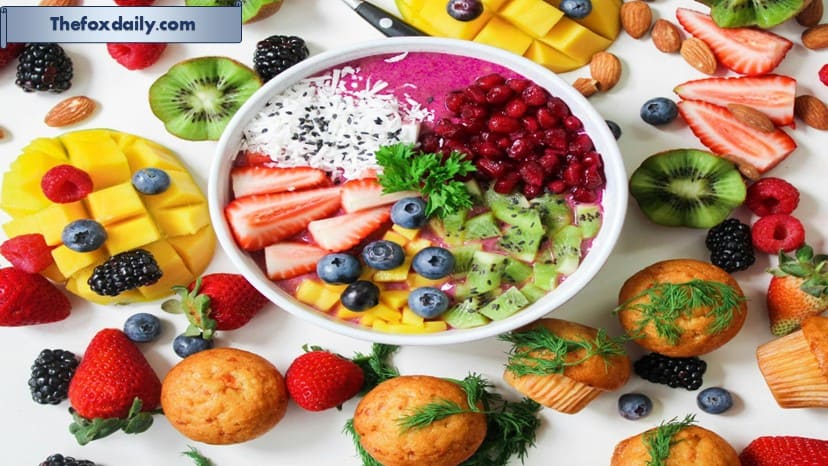
One of the most popular breakfast options is fruit, particularly if you want to keep it “light and healthy.” Although they are high in vitamins, minerals, and antioxidants, they also contain a significant amount of natural sugar.
Small portions of fruit should be consumed, ideally after protein-rich foods like yogurt, eggs, or beans. Dr. Chandra suggests that a bowl of fruits by itself is not a suitable meal.
BREAKFAST SKIPPING (7/10)
Additionally, she continues, “Skipping is not the correct term; rather, it’s about having a meal when your body actually needs it, rather than skipping breakfast. That’s the proper strategy.
BOILED EGGS (8/10)
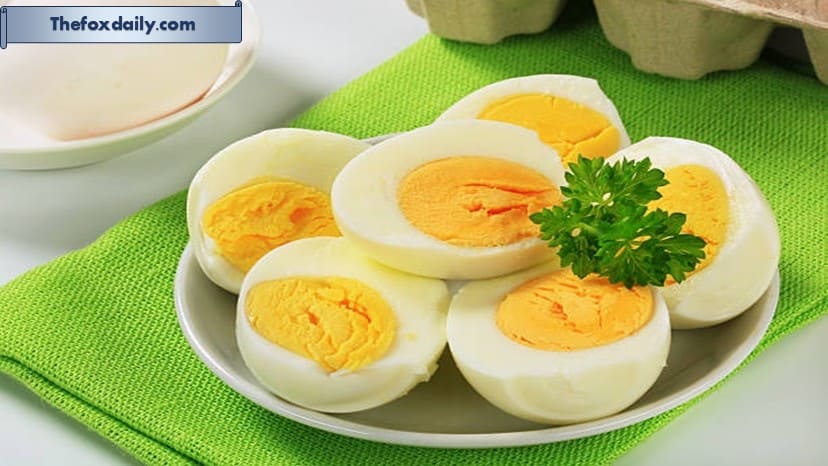
Because they offer high-quality protein and vital vitamins and minerals that promote general Health, eggs were at the top of her list. One of the healthiest foods is eggs, which are best eaten cooked, whether they are poached, hard-boiled, or soft-boiled.
Dr. Chandra emphasizes that “they are a great source of protein and micronutrients, and the yolk in particular is very valuable and should not be thrown away.”
Instant Noodles/Maggie (-200/10)

Simple to prepare and frequently chosen by young men for breakfast, it may be more harmful to one’s health than it first appears. “They are merely a mixture of maida, artificial colors, flavors, and chemicals; they are not even food. “It is misleading to call them breakfast; they are nothing but poison for the body,” she cautions.
Pancakes (ranked 1–8)
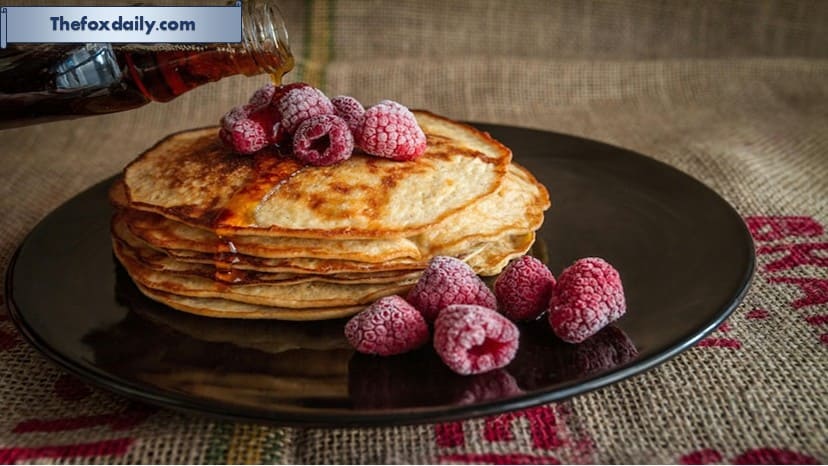
Many people love pancakes for breakfast, but how they are prepared determines how healthy they are. They are an excellent choice if you make them with veggies and lentils, ragi, or buckwheat. However, waffles or maida pancakes with syrup rank among the worst, according to Dr. Chandra. She gives the lentil, wheat, and bean pancakes an 8 out of 10, but the maida pancakes only a 1.
Breakfast is a crucial meal, but how nutrient-dense and well-balanced your first meal is more important than what you eat in the morning.
As Dr. Chandra says at the end, “Breakfast should never be about myths; it should be about what your body truly needs.”
For breaking news and live news updates, like us on Facebook or follow us on Twitter and Instagram. Read more on Latest Health on thefoxdaily.com.





COMMENTS 0